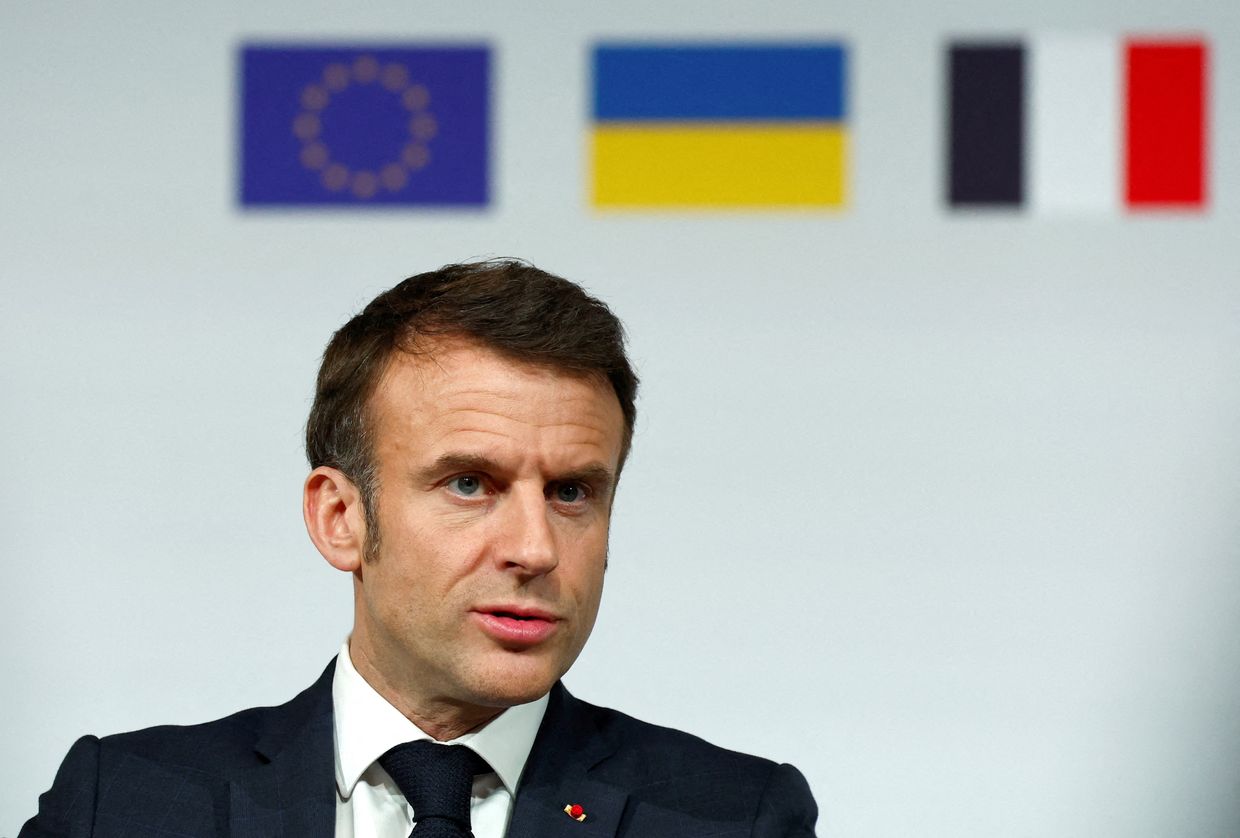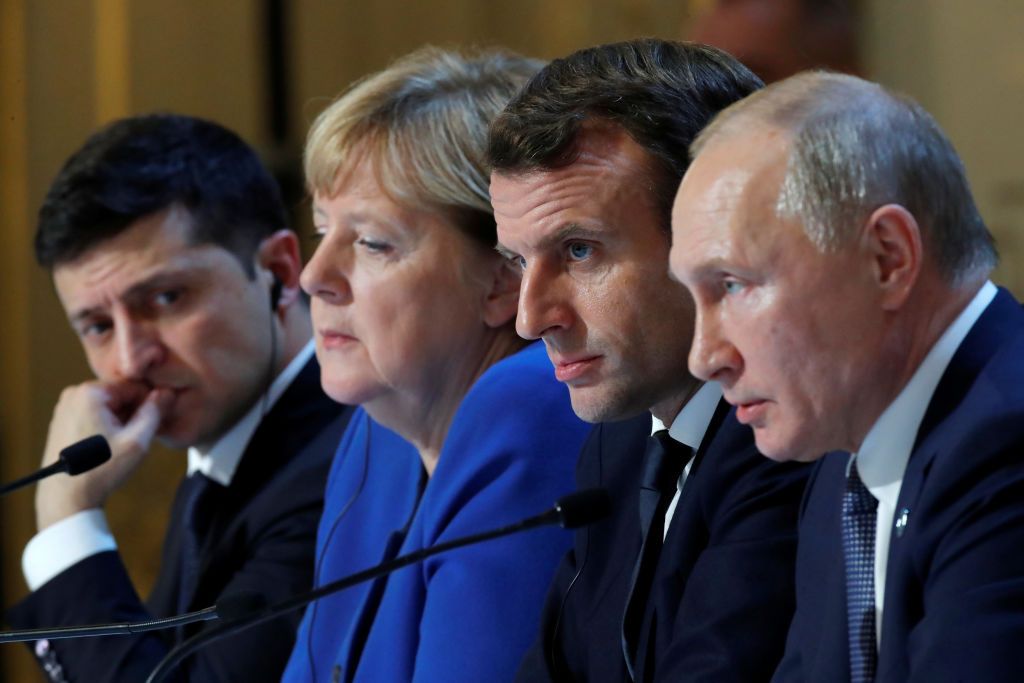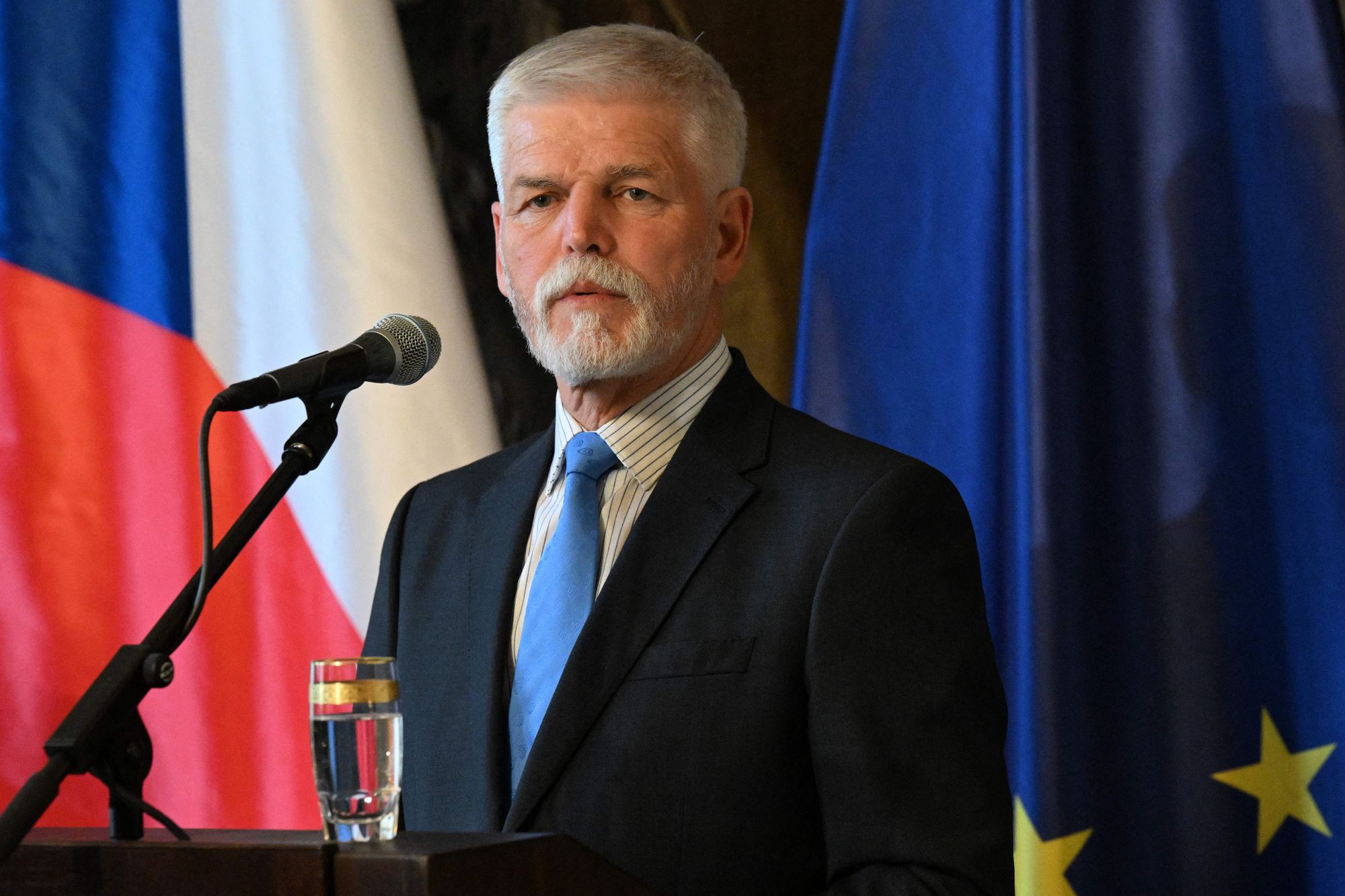Czech President Petr Pavel said that he is in favor of looking for new ways to support Ukraine, including potentially sending troops for "non-combat engagement," Czech media reported on March 5.
The statement was voiced during Pavel’s joint press conference with French President Emmanuel Macron, who has recently said that sending Western troops to Ukraine can not be "ruled out" in the future. The U.S. and many European allies have distanced themselves from Macron’s statement.
Pavel, in turn, backed a continued discussion on the possible presence of Western soldiers in Ukraine, calling on partner countries to “not limit ourselves where we don't have to," as cited by Novinky news outlet.
The Czech leader reportedly emphasized that he was not talking about sending combat units. According to Pavel, Kyiv’s allies could send a training mission to Ukraine.
"Ukraine, despite being attacked, is still a sovereign country," he said, adding that such a training mission would not violate any international norms.
"It's up to us what form of assistance we choose.”

NATO Secretary-General Jens Stoltenberg, as well as leaders of Germany, the U.K., Sweden, Poland, and other European NATO member states, ruled out sending Western troops to Ukraine.
Later, Estonian Prime Minister Kaja Kallas noted that European leaders should not exclude this possibility, saying this could be "a signal to Russia."
Canadian Defense Minister Bill Blair said on Feb. 29 that his country was ready to send a limited number of military personnel to Ukraine, but only to train Ukrainian soldiers and not for participation in hostilities.
During a two-hour State of the Nation address on Feb. 29, Russian President Vladimir Putin threatened "tragic consequences" if NATO troops were sent to Ukraine, claiming the West's support for Kyiv "risks a conflict using nuclear weapons."














